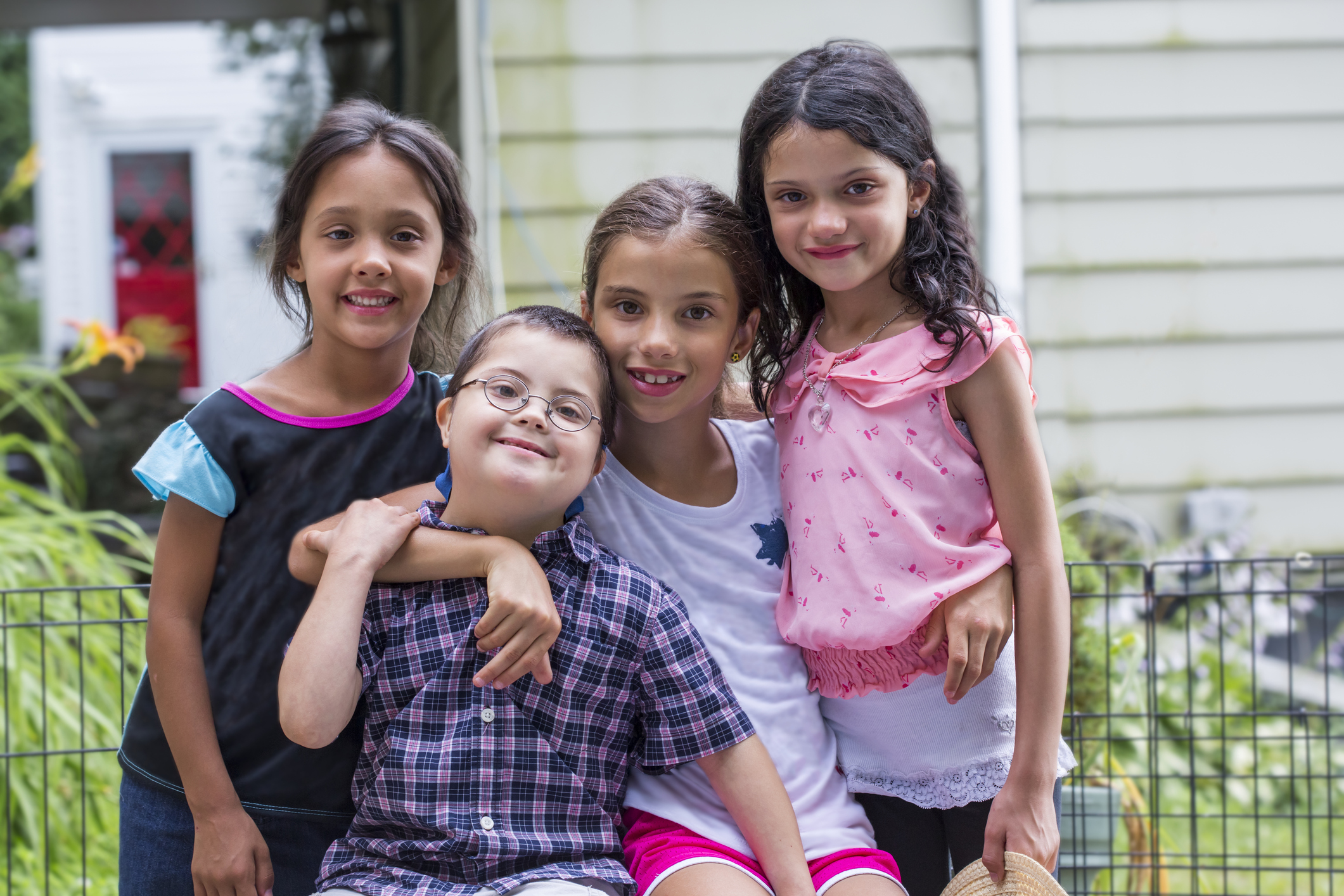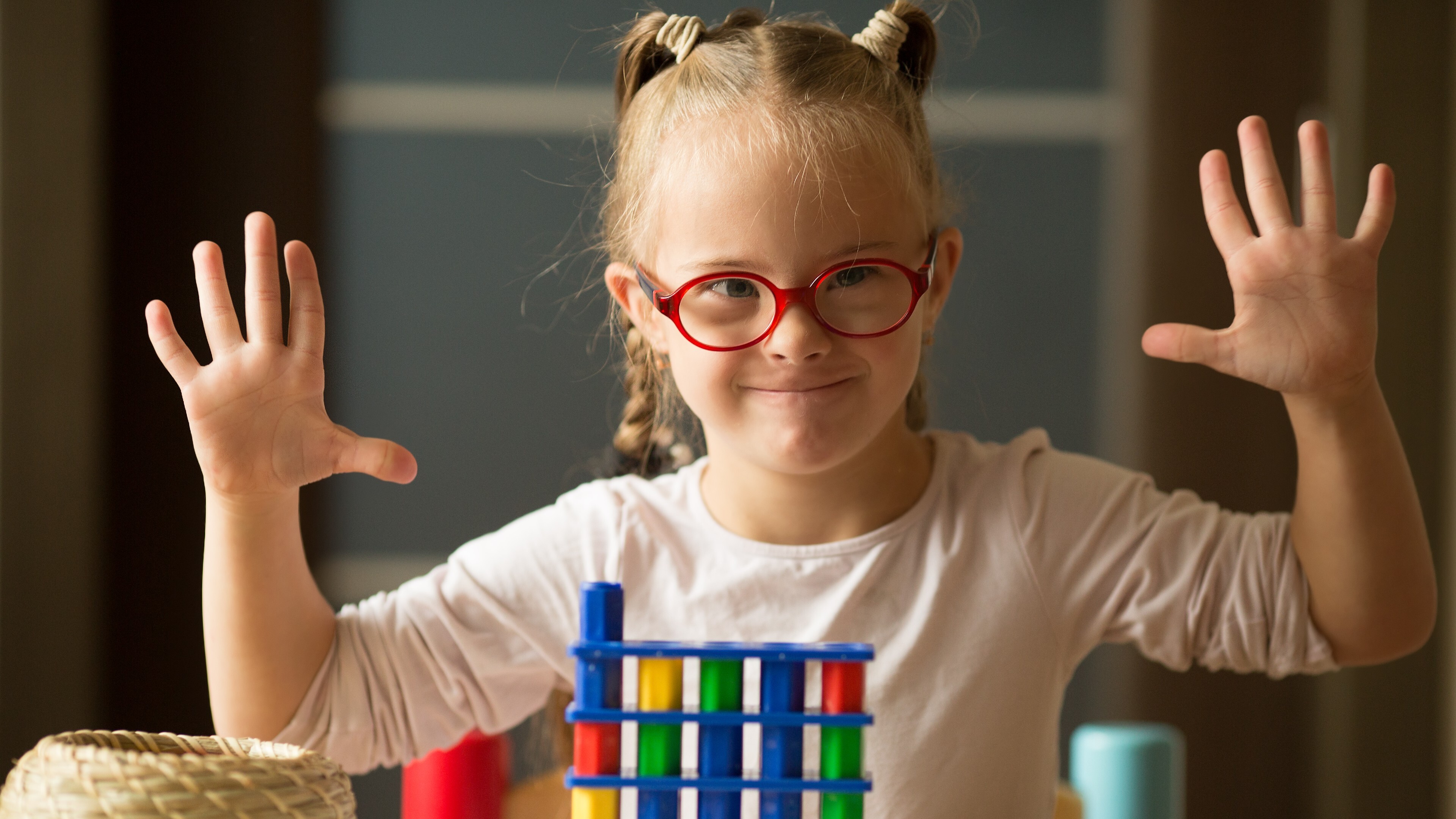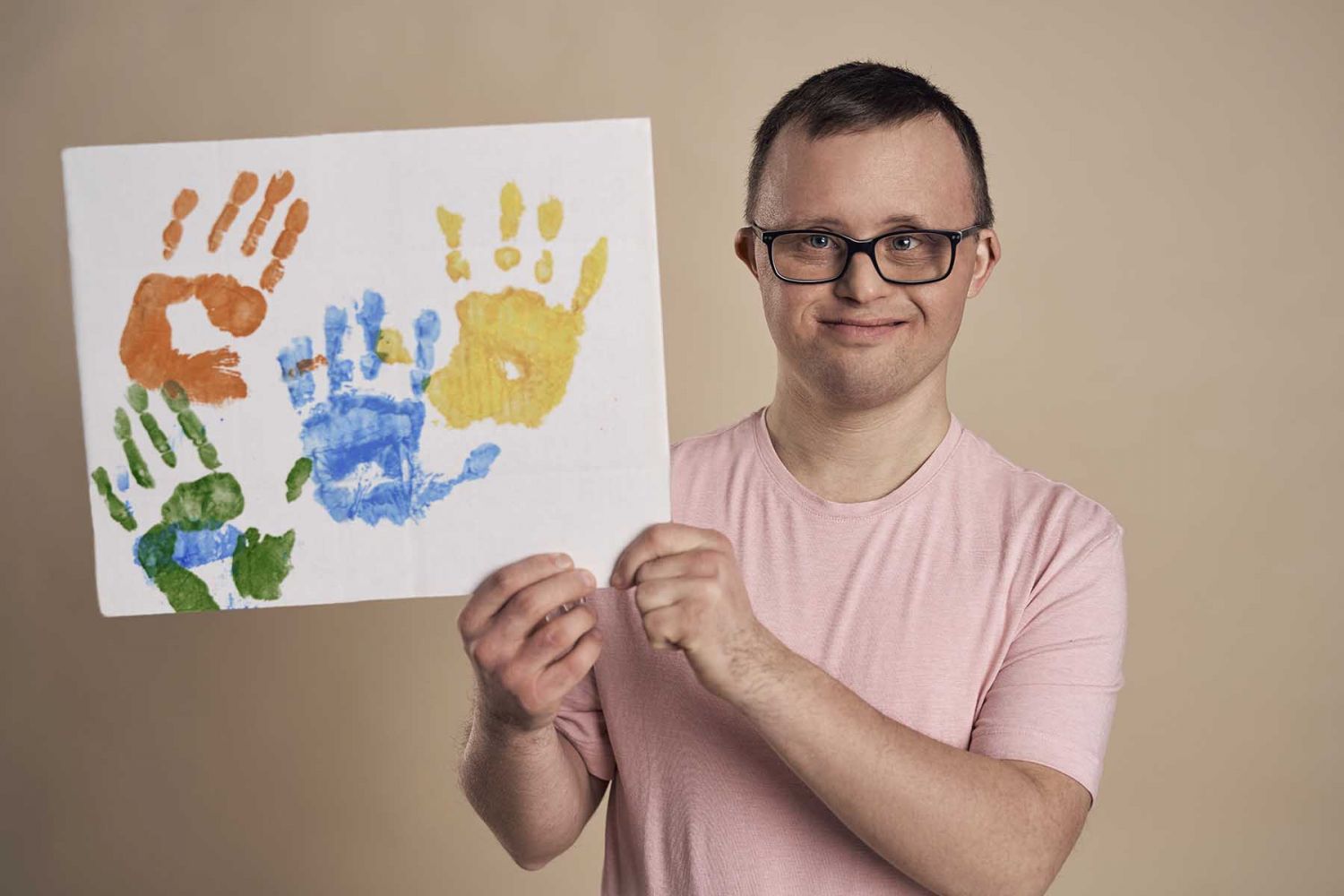📖 Article Content 📖
There's a special kind of warmth that comes from having a companion animal, a furry friend who shares your days and makes you smile. Sometimes, you might come across terms like "down syndrome pug" and it gets you thinking about pets who are a little different, perhaps needing a bit more care or having some unique quirks. It's a phrase that pops up, and it really makes you wonder what that means for a sweet little pug, you know?
Many animals, just like people, can have their own special characteristics or health situations that make them stand out. These pets often bring so much joy and love into the lives of the people who care for them, even if their path is a little different from what you might expect. It’s pretty much about opening your heart to all sorts of companions, anyway.
To truly appreciate what people mean when they talk about a "down syndrome pug," it helps to get a good grip on what Down syndrome actually involves, especially since the term itself refers to a human condition. We can, you know, look at the core meaning of it to clear things up and then talk about how that might relate to the idea of a pet with very special requirements.
- Salad Dog Bistro
- Kelly Hyland Dancing
- Leaning Ugg Boots
- Meek Mill With Dreads
- I Dont Know About That Meme
Table of Contents
- What Does Down Syndrome Truly Mean?
- Why Do People Talk About a "Down Syndrome Pug"?
- Understanding Special Needs in Any Pet
- What Are Some Common Health Considerations for a "Down Syndrome Pug" (Figuratively Speaking)?
- The Joy of Caring for a "Down Syndrome Pug" (A Unique Companion)
- How Can We Best Support a "Down Syndrome Pug" in Our Home?
- Where Can Families Find Support for a "Down Syndrome Pug" or Any Pet with Unique Needs?
- Embracing the Uniqueness of Every "Down Syndrome Pug"
What Does Down Syndrome Truly Mean?
When we talk about Down syndrome, it's really important to know what the term actually describes. As a matter of fact, it refers to a collection of characteristics related to how a person thinks and how their body works. These characteristics come about because someone has an extra full copy of chromosome 21, or sometimes just an extra piece of that chromosome. It's something that happens quite often, you know, making it a very common condition.
People who have Down syndrome often face a greater chance of experiencing various health worries and other physical conditions compared to those who do not have this genetic setup. This means that they might need more frequent check-ups or specific kinds of care to stay as well as possible. For example, they could be more likely to deal with heart conditions or issues with their hearing or vision, among other things, so, really, it’s about having a full picture of their well-being.
The extra genetic material on chromosome 21 brings about these distinct ways of thinking and moving, which can be different for each person. Some individuals might have milder forms of these characteristics, while others could have more pronounced ones, which is pretty much like how everyone is different in their own way. It's a condition that affects how the body grows and develops, from a person's earliest days.
- Secret Stars Model
- Vampire In Brooklyn Costume
- Black People Breakfast
- Emoji Cat Fart
- Did Khloe Kardashians Son Drown
Knowing this information about Down syndrome in people helps us approach the phrase "down syndrome pug" with a clearer mind. It helps us remember that specific medical terms, like Down syndrome, have very particular meanings tied to human biology. This context is pretty important when you're thinking about applying such terms to other living beings, you know, like our animal friends.
The way the body functions and grows, even down to how cells are put together, can be affected by this extra genetic material. It's not just about what you see on the outside, but also how internal systems operate, which can sometimes lead to different kinds of health concerns. This is why, in fact, regular care and attention to health matters are so important for individuals with this condition.
Why Do People Talk About a "Down Syndrome Pug"?
It's interesting how certain phrases get used, isn't it? When someone mentions a "down syndrome pug," they are usually trying to describe a pug that has some very distinct physical traits or perhaps behaves in a way that seems a little different from what is typical for the breed. It’s important to remember, though, that Down syndrome, as we just talked about, is a condition specifically related to human genetics, involving that extra chromosome 21. Animals, including pugs, have their own sets of chromosomes and their own unique genetic makeups, so, really, they do not get Down syndrome in the same way people do.
Pugs, by their very nature, have some quite unique physical characteristics. They have those wonderful flat faces, big, expressive eyes, and sometimes a bit of an underbite, which gives them a charming, almost cartoon-like appearance. These features, which are perfectly normal for a pug, can sometimes be misinterpreted by people who aren't familiar with the breed's standard look, or who are looking for an easy way to describe a pet that seems a bit out of the ordinary. It's kind of like, you know, when you see a very wrinkly dog and think it looks a certain way.
Sometimes, a pug might have a genetic condition or a birth difference that gives them a slightly different look or affects their coordination or how they learn. These conditions are specific to dogs and are not Down syndrome. People might use the phrase "down syndrome pug" as a sort of shorthand to describe these unique animals, perhaps without fully realizing the precise medical meaning of the term. It's just a way some folks might try to explain something they don't quite understand, you know, about a pet’s appearance or behavior.
It’s really about how we perceive differences. When a pug has a slightly different gait, or maybe its eyes are spaced a little wider, or it just seems a bit slower to pick up new tricks, people might try to put a label on it that they know from human conditions. This doesn't mean the pug actually has Down syndrome, but it shows a desire to understand and categorize what they are seeing. In fact, it’s a natural human tendency to try and make sense of things, even if the words we pick aren't perfectly accurate for the situation.
The key takeaway here is that while the phrase "down syndrome pug" might be used, it's not a medical diagnosis for a dog. Pugs, like all living creatures, can have their own set of genetic variations or health challenges that make them special. It's more about acknowledging their unique qualities and understanding that they might need specific kinds of care, rather than applying a human medical term directly to them. This is, in some respects, a really important distinction to make.
Understanding Special Needs in Any Pet
Just as we talked about how people with Down syndrome can have a greater likelihood of facing certain health situations, any pet, including a "down syndrome pug" in the conceptual sense, can have its own set of special needs. This means they might need a bit more attention, different kinds of care, or a more tailored approach to their daily life. It's about recognizing that every animal is an individual, and some individuals simply need a little extra support to thrive, you know?
Caring for a pet with special needs, whatever those needs might be, often means being more observant. You might need to watch for subtle changes in their behavior, how they eat, or how they move. It also means being very patient and willing to adapt your routines to fit their requirements. For instance, a pet with mobility issues might need ramps instead of stairs, or a pet with hearing difficulties might learn hand signals instead of voice commands. It's a bit like learning a new dance, in a way.
The commitment to a pet with unique requirements is truly rewarding. These animals often form incredibly strong bonds with their human companions, and the love they give back can be immeasurable. It’s about celebrating their individuality and helping them live their best life, no matter what challenges they might face. You know, it's about seeing past any perceived limitations and focusing on their spirit and personality.
Having a pet that needs a little extra help also encourages you to be more creative in how you approach their care. You might find yourself researching different types of food, exploring various kinds of physical support, or even connecting with other pet owners who share similar experiences. This journey can be incredibly enriching, expanding your own understanding of compassion and dedication. It's pretty much a learning experience for everyone involved, so.
It is important to remember that these special needs are not a burden, but rather a chance to provide a truly loving and supportive home. Whether it's a "down syndrome pug" that you're thinking about or any other pet with unique characteristics, the principles of good care, kindness, and understanding remain the same. They truly deserve all the love and support we can give them, you know?
What Are Some Common Health Considerations for a "Down Syndrome Pug" (Figuratively Speaking)?
When people use the phrase "down syndrome pug," they are often thinking about a pug that might have some specific health challenges that make them stand out. While pugs do not have Down syndrome, they do have certain breed-specific health considerations that any pug owner should be aware of, and these might be what people are trying to describe. For instance, their unique flat faces, while charming, can lead to breathing difficulties, which is a fairly common concern for the breed, you know?
Pugs can also be prone to eye problems because their eyes are quite prominent and can be more easily scratched or irritated. Skin folds around their faces and bodies can sometimes hold moisture and lead to skin infections if not kept clean and dry. These are typical pug issues that might be more pronounced in a pug with other genetic variations or differences, making it seem like they have more "special needs."
Weight management is another big consideration for pugs. They love to eat, and it's easy for them to put on too much weight, which can worsen any breathing issues or put extra strain on their joints. A pug that moves a little differently, perhaps due to a skeletal variation, might find it even harder to stay at a healthy weight, so, really, diet becomes very important.
Some pugs might also experience issues with their spines or hips, which can affect how they walk or their overall comfort. These are not related to Down syndrome, but they are examples of genetic predispositions within the breed that can lead to a pet needing more specialized care. It's about being prepared for these possibilities and working closely with a vet to keep your pug comfortable and happy. In fact, early detection of these things can make a big difference.
So, when someone talks about a "down syndrome pug," they might be referring to a pug that exhibits some of these more common pug-related health challenges, perhaps in a more noticeable way. It's a way of highlighting that this particular pug has a unique set of care requirements, not that they have the human condition of Down syndrome. It's pretty much about understanding the specific needs of the breed, and then some, if a pug has additional challenges.
The Joy of Caring for a "Down Syndrome Pug" (A Unique Companion)
There is a truly special kind of happiness that comes from opening your home and heart to a pet with unique needs, like what someone might call a "down syndrome pug." These companions, with their distinct personalities and sometimes different ways of moving through the world, offer a depth of connection that is truly profound. It’s about finding joy in their small victories and celebrating every moment you share together, you know?
The love you receive from a pet who might have faced more challenges is often incredibly pure and unconditional. They teach us patience, understanding, and how to appreciate the simple things in life. Watching them learn a new trick, even if it takes a bit longer, or seeing them find comfort in your presence, can be an incredibly heartwarming experience. It's almost like they appreciate every bit of kindness just a little more.
Caring for a pet with special requirements also helps us grow as individuals. It encourages us to be more adaptable, more resourceful, and more compassionate. You might find yourself learning new skills or discovering a deeper sense of empathy you didn't know you had. In fact, many people who care for these animals say it's one of the most fulfilling experiences of their lives, so, really, it’s a journey of personal growth too.
These unique companions remind us that perfection isn't about being flawless, but about embracing every aspect of who we are, quirks and all. A "down syndrome pug," or any pet with special needs, brings a special kind of light into a home, showing us that love knows no bounds and that every life has immense value. It’s about seeing the beauty in their differences and loving them for exactly who they are, which is pretty much the best kind of love there is.
The bond you form with such a pet is something truly precious. It’s built on trust, understanding, and a shared journey of overcoming obstacles. This kind of relationship is a constant source of comfort and joy, proving that the most wonderful things often come in unexpected packages. It is, in some respects, a very unique and powerful connection.
How Can We Best Support a "Down Syndrome Pug" in Our Home?
Supporting a pet with unique needs, like what might be called a "down syndrome pug," involves creating a home environment that is safe, comfortable, and accommodating. The first step is always to work closely with a trusted veterinarian. They can help you understand any specific health concerns your pet might have and suggest the best ways to manage them, which is pretty much the most important thing, so.
Making sure your home is easy for them to get around in is also key. If your pug has mobility challenges, for example, you might consider ramps for getting on and off furniture, or soft, non-slip flooring to help them keep their footing. Keeping pathways clear and making sure their resting spots are easily accessible can make a big difference in their daily comfort, you know?
A consistent routine can also be very helpful. Pets with special needs often thrive on predictability, so having set times for meals, walks, and playtime can help them feel more secure and less anxious. This consistency also helps you keep track of their habits and notice any changes that might indicate a new health concern. In fact, a good routine can make life easier for everyone.
Patience is absolutely vital. Learning new things might take a bit longer for a "down syndrome pug" or any pet with developmental differences. Celebrate small successes and avoid getting frustrated. Positive reinforcement, with lots of praise and gentle rewards, works wonders and helps build a strong, trusting relationship. It's about meeting them where they are and giving them the time they need to grow, basically.
Finally, remember that mental stimulation is just as important as physical care. Even if your pet has physical limitations, engaging their mind with gentle puzzle toys, short training sessions, or simply spending quality time with them can keep them happy and engaged. It's about providing a full and enriching life for your special companion, you know, no matter their challenges.
Where Can Families Find Support for a "Down Syndrome Pug" or Any Pet with Unique Needs?
Finding good support is really important when you're caring for a pet with unique needs, like a "down syndrome pug" or any other animal facing special challenges. Your local veterinarian is always the first and best place to start. They can offer medical advice, help you understand your pet's specific condition, and guide you toward specialized care if needed, which is pretty much essential for their well-being, so.
Beyond your vet, there are many wonderful communities and organizations that focus on pets with special needs. Online forums and social media groups can connect you with other pet owners who share similar experiences. These groups can be a fantastic source of practical tips, emotional support, and even recommendations for specific products or services. It's kind of like having a big, helpful family of people who just get it



